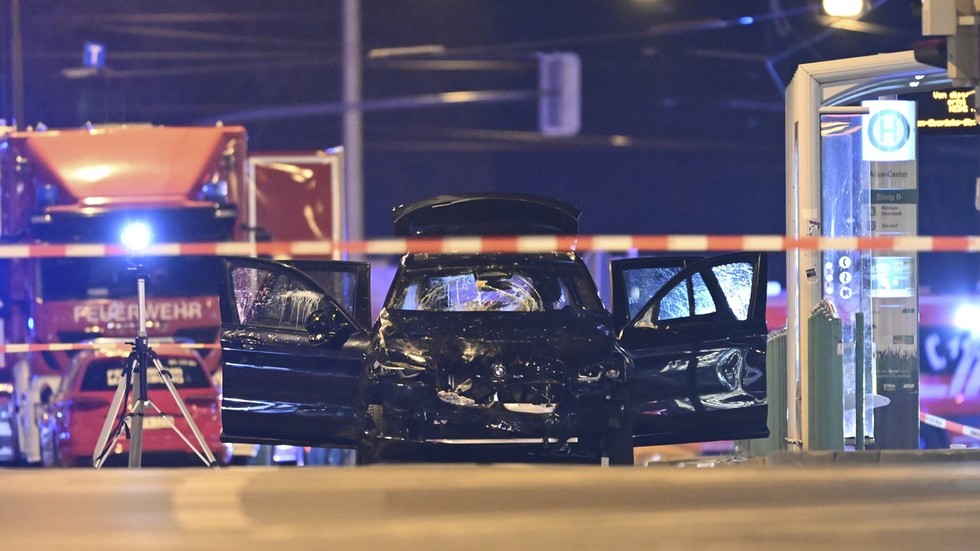In recent news, Elon Musk, the billionaire CEO of SpaceX and Tesla, has made waves by criticizing the migration policies of Germany, particularly those under Chancellor Olaf Scholz. Musk’s comments came in the wake of a tragic incident in Magdeburg, where a 50-year-old man drove a rented car into a crowded Christmas market, resulting in the deaths of at least two people and numerous injuries, including that of a child. Investigations revealed that the driver was a Saudi Arabian doctor, who had lived in Germany since 2006 and held a permanent residence permit. Musk expressed outrage over this incident, labeling Scholz’s leadership as incompetent and treasonous after reports emerged suggesting the suspect was a foreigner.
Following the incident, Musk’s statements took a further dramatic turn. He argued that those who allowed this situation to arise were “traitors” and suggested that only the right-wing Alternative for Germany (AfD) party could rectify Germany’s refugee and migrant policies. His comments sparked a strong reaction from several German politicians, who accused him of meddling in domestic elections. Musk’s comments were part of a larger discourse on social media, particularly on his platform X, which many lawmakers are now scrutinizing as a vehicle for foreign influence and political agitation.
Amid this growing tension, German Health Minister Karl Lauterbach criticized Musk’s use of X to promote his political views, asserting the need for German authorities to monitor the platform closely. In contrast, Christian Lindner, the head of the Free Democratic Party (FDP), recognized Musk’s influence on policy debate while cautioning against hasty conclusions about the AfD, labeling it a far-right extremist group that contradicts the values of freedom and business. Lindner’s comments indicated a complex political landscape, emphasizing the need for balanced migration control without veering into extremist politics.
In response to Musk, Scholz maintained a diplomatic stance. He stated during a press conference that freedom of speech extends to all, including wealthy individuals like Musk, implying that such freedom allows for the expression of views that may be misguided or politically unwise. Scholz’s acknowledgment of Musk’s comments highlights the often precarious nature of political discourse in an interconnected world, where financial and media power can influence public perception and debate.
The incident marks a significant turning point in German politics, particularly for Chancellor Scholz, who has faced mounting pressure over his government’s handling of migration policies. Following the Christmas market tragedy, Scholz encountered a confidence vote in parliament, which he subsequently lost, setting the stage for potential snap elections in the near future. This development indicates widespread dissatisfaction with Scholz’s ‘traffic light’ coalition government, composed of the Greens, FDP, and other parties.
As Germany grapples with the fallout from the Magdeburg incident, the broader implications of Musk’s intervention and the debates surrounding migration policy are likely to persist. The situation underscores the challenges of balancing freedom of speech with the responsibility that public figures hold in shaping political discourse. The potential rise of the AfD and the fracturing of Scholz’s coalition reflect deeper societal divisions that could reshape Germany’s political landscape in the coming years.

